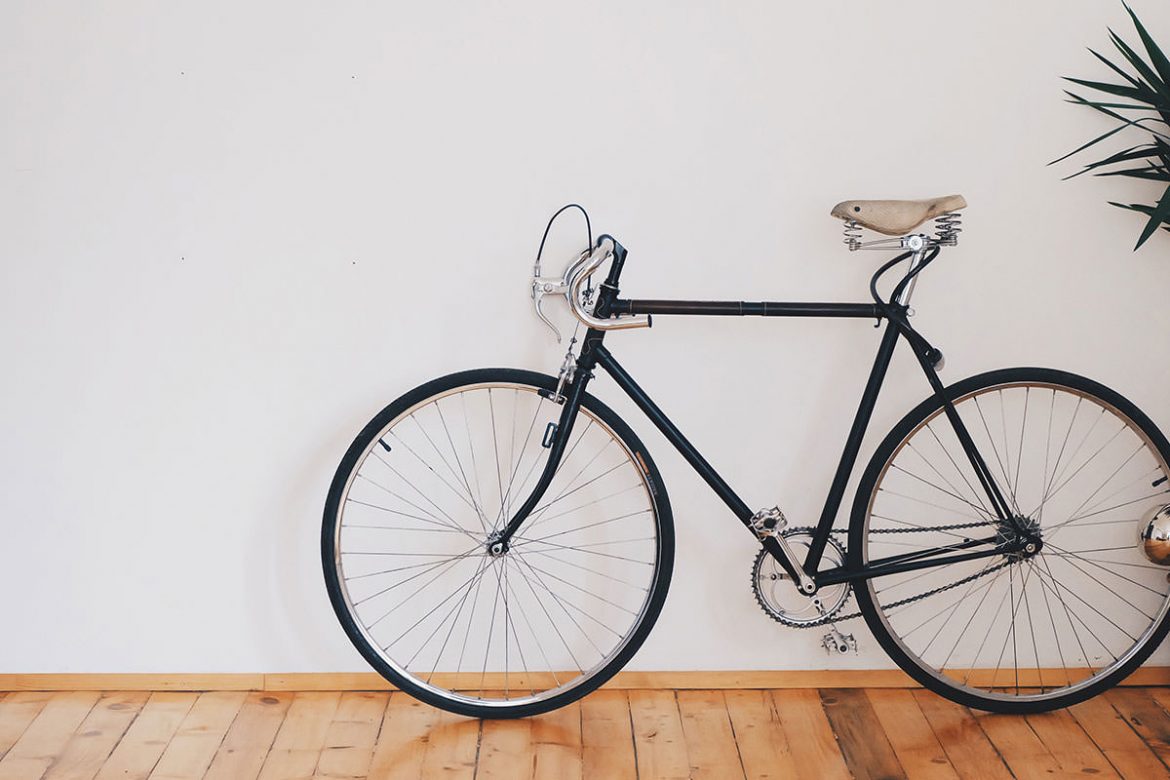A bicycle, often called a bike or cycle, is a human-powered, pedal-driven, single-track vehicle, having two wheels attached to a frame, one behind the other. The bicycle has had a considerable effect on human society, in both the cultural and industrial realms. Around the turn of the 20th century, bicycles reduced crowding in inner-city tenements by allowing workers to commute from more spacious dwellings in the suburbs.
They also reduced dependence on horses. Bicycles allowed people to travel for leisure into the country, since bicycles were three times as energy efficient as walking and three to four times as fast.
A number of cities around the world have implemented schemes known as bicycle sharing systems or community bicycle programs. The first of these was the White Bicycle plan in Amsterdam in 1965. It was followed by yellow bicycles in La Rochelle and green bicycles in Cambridge.
These initiatives complement public transport systems and offer an alternative to motorized traffic to help reduce congestion and pollution.
In Europe, especially in the Netherlands and parts of Germany and Denmark, bicycle commuting is common. In Copenhagen, a cyclists’ organization runs a Cycling Embassy that promotes biking for commuting and sightseeing. The United Kingdom has a tax break scheme (IR 176) that allows employees to buy a new bicycle tax free to use for commuting. In the Netherlands all train stations offer free bicycle parking, or a more secure parking place for a small fee, with the larger stations also offering bicycle repair shops.






I still regularly ride a bicycle to hgo office each day
Bikes are a very popular vehicle in European countries because they are environmentally friendly